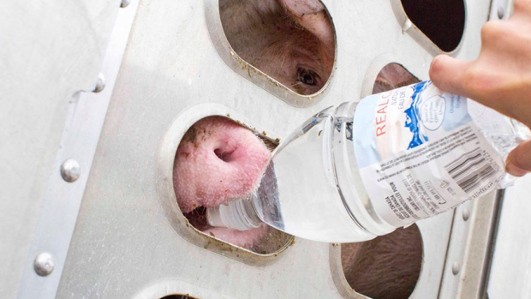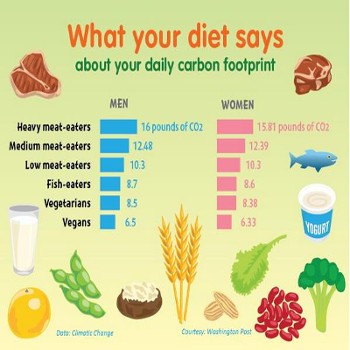Let’s face it: Being vegan goes along with some deficiency in vitamins that need to be replenished as quickly as possible. One of the most critical vitamin is vitamin D. It accounts for a vital metabolism and being deficient in it can result in some very serious health issues. Vegans are very susceptible to be lacking in this vitamin.
“Vitamin D deficiency has become an emerging health crisis. Many people living in northern climes are simply not getting enough of this essential nutrient, particularly in winter. According to a study published in the journal PLOS One, February appears to be the worst month of all. Some experts assert that this annual slump in Vitamin D plays a role in leading to Seasonal Affective Disorder (SAD), commonly known as “winter blues.” Worldwide, as many as a billion people don’t get enough vitamin D.
The problem is making itself known in a number of ways. More people are suffering from rickets, a bone disease linked to vitamin D deficiency. In addition, low D levels may increase the risk for heart disease, tuberculosis and cancer, particularly breast cancer.
But what’s causing the problem? Why is vitamin D different from other vitamins? Part of the difficulty is that it’s difficult to find in food. Most people get this nutrient from dairy, which could be a real problem for those who are vegan or lactose intolerant.
Our main source of vitamin D is the body’s production when we’re exposed to UV (ultraviolet) sunlight. But this source also can be impaired. First, the sun isn’t always shining. Second, when the sun is shining, many of us wear sunscreen, which blocks skin cancer-causing UV rays but also hampers the body’s ability to manufacture vitamin D. However, it’s important to note that not all sunlight is created equal in relationship to vitamin D: The intense sunshine near the equator is more liable to stimulate the body’s vitamin D production. In northern countries, the UV light is weaker and your body may not be able to use it to make this substance.
Why Vitamin D Is Important
Vitamin D is involved with the regulation of calcium in the body and helps with bone calcification: That’s why reduced levels can lead to the soft bones associated with rickets.
There may also be a link between vitamin D deficiency and diabetes. It’s long been known that low levels are associated with the disease. However, the link is somewhat tenuous and more research needs to be done to clarify the relationship.”
To read the rest of the article, check it out on the original source over at Better Health Publishing.








